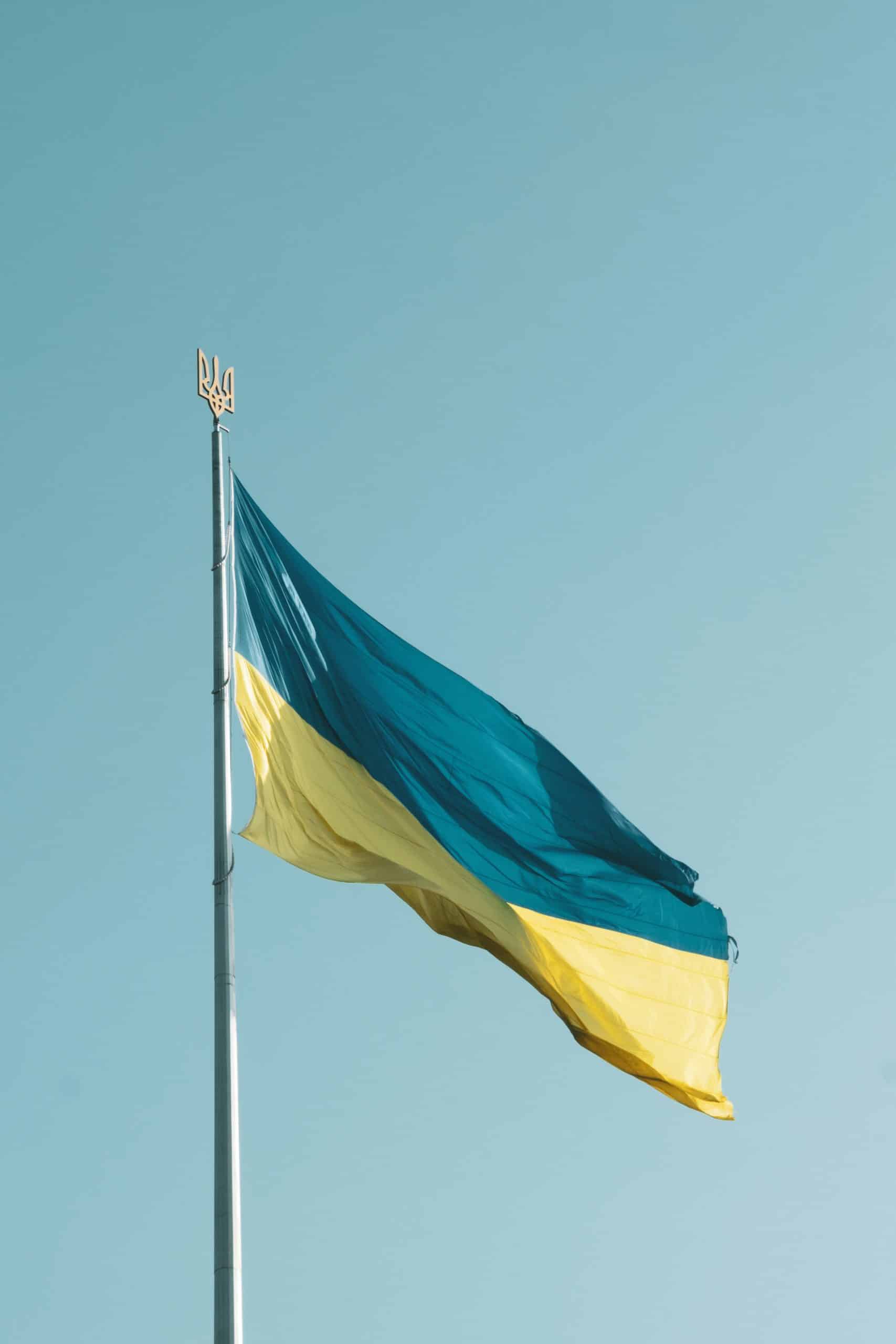The conflict in Ukraine is creating a worrisome shortage of healthcare products. Deliveries of pharmaceuticals have been halted, given the complexity and danger of land transport and the cessation of air transport in the country.
According to the UNHCR (United Nations High Commissioner for Refugees), more than 4 million Ukrainians have fled their country, primarily women and children. In addition to these refugees, there are 7,1 million internally displaced persons, who have left their homes for a safer place in Ukraine. UNOCHA (UN Office for the Coordination of Humanitarian Affairs) estimates that 12 million people are currently in need of assistance in Ukraine, more than a quarter of the population. According to the UN, humanitarian aid covers only half of the nation’s medical needs.
In the face of this tragic situation, the association Tulipe has already sent 50 tonnes of medicines and health products to Ukraine and Poland. Tulipe pools donations from healthcare firms to fulfill the emergency needs of populations in distress during acute health crises, natural disasters, and conflicts, via its partners in the field. It works with some twenty local and international NGO partners (such as Première Urgence Internationale and Action contre la Faim), the Ukrainian Ministry of Health and the Crisis and Support Center of the French Ministry of Foreign Affairs.
“We are dealing concurrently with war medicine, i.e., bandages, compresses, suturing kits, injectable medicines, etc., and with more traditional medicine intended for refugees to monitor their treatment: diabetes, hypertension and other chronic pathologies,” specifies Alexandre Laridan, Director of Operations for Tulipe.
Ipsen and Servier laboratories have each made donations of €1.5 million. Immediately upon hearing the news of the first shots, the two groups made sure that their employees in Ukraine were safe. Servier has around 100 employees on site, via its subsidiary Egis.
In-house solidarity
As well as sending medicines and emergency medical kits to the site, Servier has encouraged solidarity within its own teams. The Group’s Ukrainian employees who fled the scene of the hostilities were welcomed as soon as they crossed the border by Servier employees from neighboring countries, then accommodated in reception centers or in the homes of Group employees. A solidarity campaign was also opened to give employees the opportunity to make personal donations to a “Ukraine Solidarity Fund”. Every euro donated by an employee = 1 euro donated by the Group. Servier has furthermore announced that the profits earned this year by its Russian subsidiary will be used to support the Ukrainian people.
In addition to a donation of €100,000 to the International Committee of the Red Cross, the Pierre Fabre Foundation has set aside more than seven tonnes of hygiene and care products for Ukrainian refugees, not only in the neighboring countries but also in France. Pierre Fabre is also making donations of pharmaceutical products via the Tulipe association.
France’s healthcare professionals ready to provide their assistance
On March 8, 2022, the French Healthcare association opened a free remote consultation platform, managed by the startup Bealy, a telemedicine firm specializing in cross-border care. Its aim is to put a maximum number of English- and Russian-speaking French healthcare professionals in contact with the victims of the conflict, whether they are displaced or have stayed behind, and also to assist paramedical staff in Ukraine. The care provided includes access to essential medicines but also covers chronic diseases. The two partners are calling for volunteer health professionals, particularly Russian and Ukrainian speakers, who can register ici.
As early as March 7, 2022, the Paris Public Hospital System (AP-HP) sent an initial stock of nearly five tonnes of medicines. Other shipments will be dispatched shortly. Donations of equipment for Ukrainian hospitals are planned (monitors, ECGs, defibrillators, syringe pumps, ventilators, manometers, stethoscopes, incubators, etc.). Medical teams from the French Emergency Rescue Service (SAMU) and AP-HP may also be called upon to treat refugees in Poland. Concurrently, the medical-psychological emergency units and the regional psychotrauma centers are ready to support refugees from Ukraine in France. AP-HP’s oncopediatrics teams, together with Gustave Roussy, the Curie Institute and the French Society for the Fight against Cancer and Leukemia in Children and Adolescents (SFCE), are beginning to welcome children with cancer. As of April 1, 2022, a total of more than two hundred Ukrainian patients are under care at AP-HP hospitals.
At the local level too, solidarity is running strong. As early as the month of March, Eurasanté and Clubster NSL, the healthcare clusters in northern France, launched the “Solidarité Ukraine entreprises Hauts-de-France” operation to provide guidance to their members wishing to donate basic necessities, such as hygiene products and non-perishable foodstuffs.
Meanwhile, Institut Pasteur has offered to host Ukrainian researchers at its laboratories so that they can continue their work at the 60 or so laboratories on its campus.



